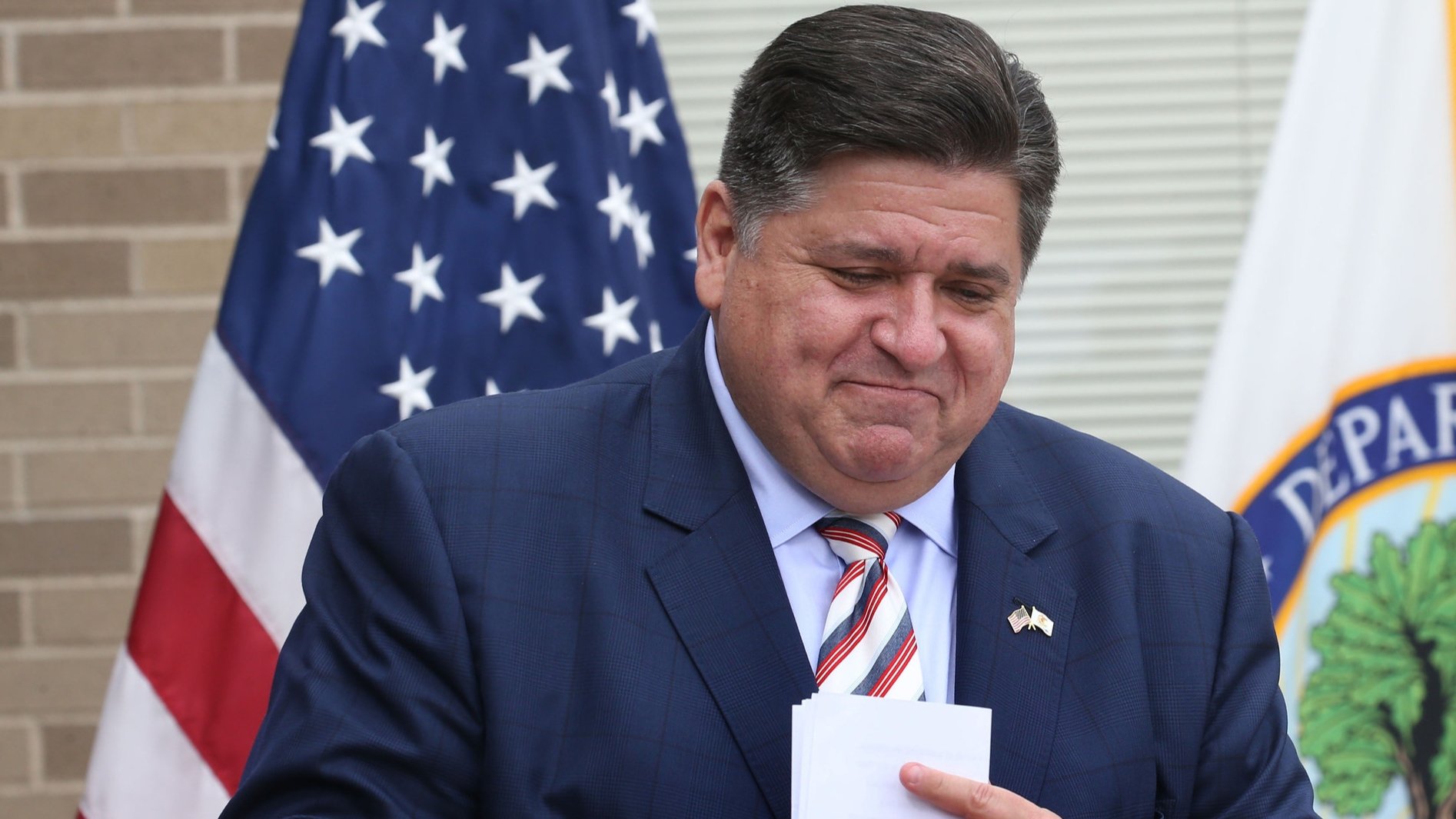Senate Democrats Hand Pritzker Another Loss on Prisoner Review Board
Governor JB Pritzker has lost four of his nominees to the Prisoner Review Board in the last week, two through Senate votes and withdrawing two others.
If Governor JB Pritzker is concerned about being painted as “soft on crime” ahead of the fall election, Senate Democrats sure didn’t help him avoid that allegation Monday night.
Democrats joined Republicans for the second time in a week to reject a Pritzker appointee to the Prisoner Review Board, as nominee Eleanor Wilson was rejected after she as heavily criticized for some of her votes to release violent murderers and serial sexual offenders on parole.
“This appointee is more troubling than any of the individuals that have come before the Executive Appointments committee,” said Sen. Terri Bryant (R-Murphysboro).
Republicans have made hay of the votes PRB members have taken as well as Democratic refusal to call them for votes before the full Senate.
Wilson received just 15 “yes” votes on the Senate floor. 14 Democrats joined with the GOP to kill the nomination. The Senate also rejected the nomination of PRB member and Pritzker appointee Jeff Mears last week.
Republicans doubled down on the crime message.
“Recent votes taken by the Illinois Senate on some of Pritzker’s appointees to the Prisoner Review Board demonstrate that his ‘weak on crime’ agenda even goes too far for his Democratic legislative allies,” said Senate Republican Leader Dan McConchie (R-Hawthorn Woods) in a statement. “What’s most concerning is he had every opportunity to withdraw these concerning members and appoint them with individuals that are more reasonable, and that the Legislature can get behind. His failure to recognize that there is another co-equal branch of government is just another example of his continued arrogance.”
The Governor’s office did not return a message seeking comment.
A third nominee was likely to be rejected as well, but Oreal James, a former aide to Attorney General Kwame Raoul, resigned earlier in the day Monday as his nomination was likely doomed.
Pritzker also withdrew the nomination of PRB member Max Cerda, who was convicted of a double murder when he was 16. Cerda was paroled in 1998 at age 35, and began working with ex-offenders in Chicago to help them transition to life outside of prison. Cerda had voted to release a prisoner he had known while he was in prison.



